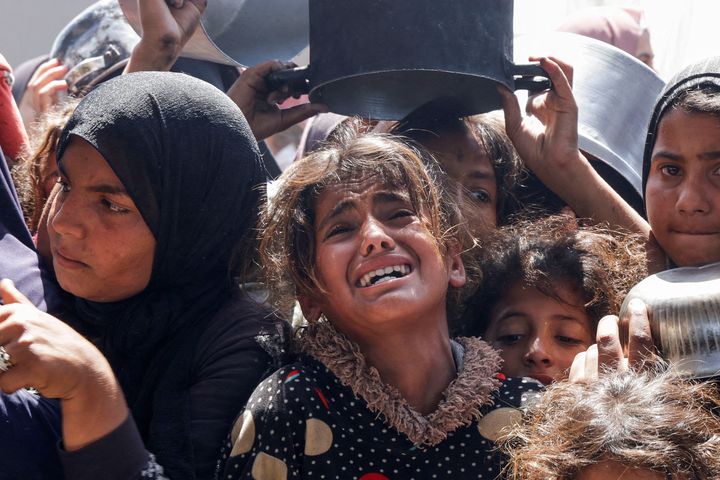
According to the Global Conflict Index, in the past five years, levels of conflict have almost doubled. In 2020, it recorded 104,371 conflict events; last year, it logged nearly 200,000. The suffering endured by the people represented in those figures would never be known about were it not for the work of journalists who bear witness to it.
Highlighting the crucial role of media in championing democracy, transparency and human rights matters, not merely in terms of recognition, but for their protection. Bringing dark truths to the surface, which autocratic regimes want to bury, has taken a grievous toll. It can be thankless and dangerous work.
Unsurprisingly, the war in Gaza has been the deadliest conflict for journalists in the 21st century. More were killed last year than in any other since the Committee to Protect Journalists began collecting data more than three decades ago. At least 124 journalists and media workers have died, nearly two-thirds of them Palestinians killed by Israel. Maintaining a spotlight on such deaths needs to be constant so those responsible are held to account.
It is also the media’s job to explain the causes for these conflicts. As war correspondent John Pilger said: “It is not enough for journalists to see themselves as mere messengers without understanding the hidden agendas of the message and the myths that surround it.”
Whoever would overthrow the liberty of a nation must begin by subduing the freeness of speech
The challenges facing journalists have never been greater. We have seen what happens to those who dare to speak against Vladimir Putin in Russia.
But all over the world, journalists must battle censorship, violence, imprisonment and mass disinformation. Even in the “Home of the Free”, the White House announced plans to determine which news outlets may have access to Donald Trump. It was the first time in more than a century that any US administration had exercised such control.
Benjamin Franklin once warned: “Whoever would overthrow the liberty of a nation must begin by subduing the freeness of speech.”
This year, the focus is on the impact of AI on press freedom and the media. The National Union of Journalists has appealed for greater protections for journalists. Their hope is that the use of AI will be ethical and solely as an assistive tool with human oversight.
The fight against misinformation and the need to defend authentic journalism – aiming to inform, not mislead – has never been more critical. The value of trust remains priceless. But the liberty to work without intimidation must also be held as sacrosanct.
An independent media is vital for any society to function fairly. As Albert Camus wrote: “A free press can, of course, be good or bad, but, most certainly without freedom, the press will never be anything but bad.”
#Irish #Independents #view #defend #independent #journalism #critical







